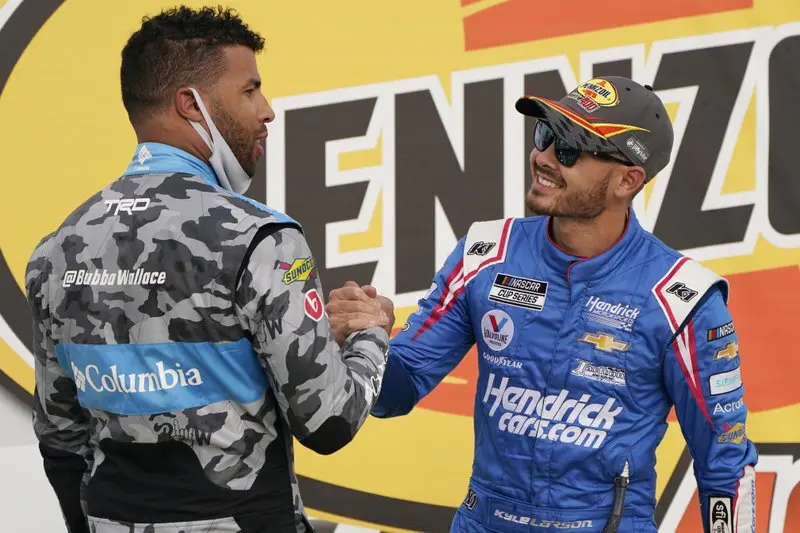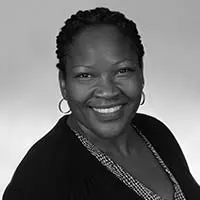RISE PERSPECTIVE
March 14, 2021
Working with NASCAR'S Kyle Larson shows we must engage to create change
By Diahann Billings-Burford

It took NASCAR less than 24 hours to suspend Kyle Larson indefinitely last April after he used the N-word during an iRacing event. The Miami Heat similarly acted quickly this week when they learned of Meyers Leonard's use of an anti-Semitic slur during a video game livestream.
Taking such swift, decisive action is critical for corporations, particularly sports organizations, to lead in the fight against racism and bigotry. The punishment fits the crime.
But if our ultimate goal is to create a more equitable and united society, we cannot simply say we won't put up with racism and dismiss those who uphold it or spread it through hate speech. We must confront racism head-on through education and long-term intentional action and make room for those who are genuinely willing to take accountability and change.
Only when such people accept responsibility and begin this journey can we achieve true unity and begin to heal.
Last Sunday, Larson won his first Cup Series race since his suspension was lifted by NASCAR. NASCAR said last fall that Larson had met requirements for reinstatement, which included educational trainings with RISE and conversations with me, personally, reflecting on his experiences, sharing what and how he learned from it and how it may impact his choices and plans for the future.
Some celebrated Larson's victory as a triumphant comeback story, but Larson's journey goes well beyond sport and should not be defined singularly by on-track success.
There is no way to erase the damage caused by using racial slurs. But while there cannot be full redemption, with accountability there can be true forward progress. Accountability requires: Sincerely apologizing, acknowledging that the pain caused by the hate behind such words leaves a lasting scar, and understanding that having such words in your vocabulary represents a culture poisoned by systemic racism that cannot be addressed with a simple statement of remorse.
One of the most impressive things I found working and engaging with Larson is how much he held himself accountable for his behavior and defined what he needs to do not only to make amends but to simply be a better person in his own eyes. When people hold themselves fully accountable, it is critical that we allow them the space and time to change their thoughts, attitudes and behaviors if the end goal is unity.
The road to being culturally competent has no finish line. Committing yourself to being anti-racist comes with an understanding that it is a lifelong endeavor, with stops along the way that require further education and purposeful action to continue moving forward. This is true for everyone.
While it can be justifiably difficult to move past the impact of hurtful behavior, to discourage change is to prevent change, and to accept that we will never be better than we are at the present moment.

About the author: Diahann Billings-Burford is CEO of RISE. RISE is a national nonprofit that educates and empowers the sports community to eliminate racial discrimination, champion social justice and improve race relations. RISE programs build skills and create safe spaces to have difficult conversations. RISE equips athletes, coaches and sports industry professionals with the tools to be culturally competent, effective advocates for racial equity and leaders in addressing racism, prejudice, diversity and inclusion.
Our
Partners
Stay
In Touch
Follow us on social media.